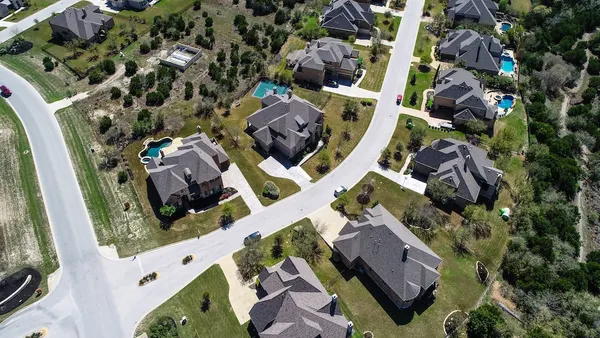Dive Brief:
- The United Kingdom's Office of Communications (Ofcom), the country's regulatory authority for broadcasting and telecommunications, has ended the auction it oversaw for distribution of the 5G spectrum.
- Four of the UK's largest telecom companies — EE, Hutchison 3G UK, Telefonica UK and Vodafone — collectively bid nearly $2 billion to secure portions of the 5G spectrum in two frequency bands, 2.3 GHz and 3.4 GHz, to support their infrastructure build-outs. The fifth bidder, Airspan Spectrum Holdings, did not win any of the spectrum.
- Previous estimates reportedly anticipated the auction would raise far less, about $890 million to $1.4 billion. The money raised at auction will go to the British government's Treasury.
Dive Insight:
UK telecom companies acquiring 5G spectrum through the auction is the latest move indicating this type of technology could launch within the next few years. The spectrum allocation will allow for more widespread 5G infrastructure build-out for the general public, compared with some other targeted advances and testing opportunities like the British government's search for one city to be a 5G testbed.
The telecom companies bidding more money than anticipated for their portions of the 5G spectrum could be detrimental for consumers, as the companies will have less money left over for the infrastructure investments, and they might try to pass the increased costs on to consumers. Some industry experts suggest Ofcom would have better served consumers by creating a fixed 5G licensing fee for each company. Some critics note that the big four companies already would have won the spectrum space, so the auction didn't provide more opportunities for other competitors, and it merely drove up costs.
Despite the higher than predicted bids, the auction still produced far less than the 3G auction in 2000, which raised almost $32 billion instead of the expected $7 billion. After that auction, concerns grew about overpaying and therefore affected the 4G auction three years later, which raised only about $3.3 billion. The sentiment appears to still be in play, as the 5G auction garnered the least amount of money yet.
Governmental actions to advance 5G technology are also taking place in other parts of the world such as the United States. Last month, the U.S. House of Representatives passed a bill to identify and develop more 5G spectrum, and the Federal Communications Commission relaxed approval process rules for deploying certain types of infrastructure required to support 5G networks.










